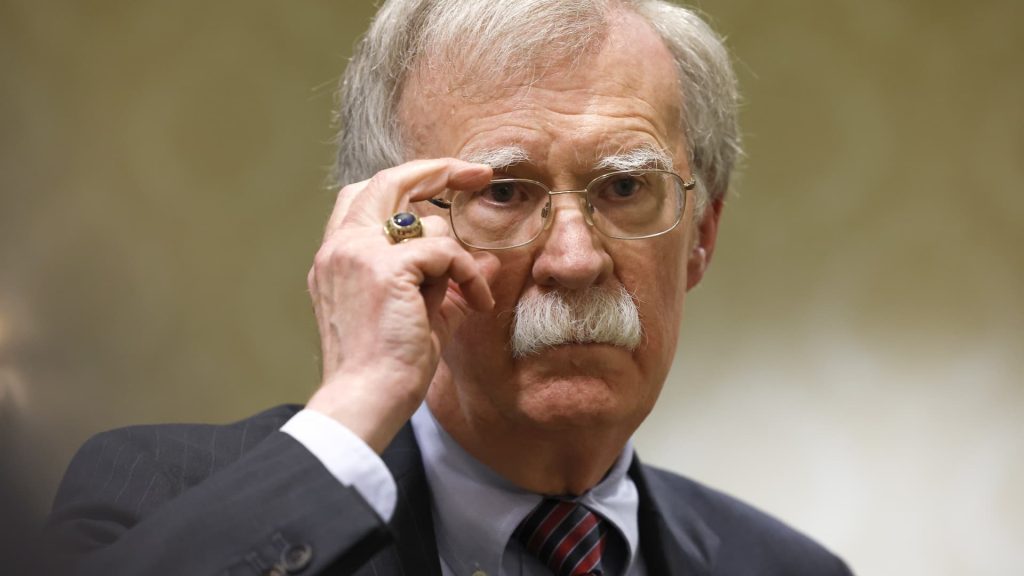Former U.S. national security advisor John Bolton believes that the ongoing war between Israel and Hamas in Gaza is still in its early stages and has been complicated by Iran’s involvement. He framed the conflict as “an Iranian war against Israel,” highlighting Iran’s support for groups opposing Israel, such as Hezbollah in Lebanon, Hamas in Gaza, and the Houthis in Yemen. Bolton, known for advocating for regime change in Iran, sees the conflict in Gaza as a proxy war between Iran and Israel.
The war was triggered by a surprise terror attack by Hamas on Oct. 7, resulting in the deaths of around 1,200 people, including women and children, and the kidnapping of over 200 others. The ongoing conflict has often been characterized as a proxy war between Israel and Iran. Iran has denied involvement in the terror attack, while U.S. intelligence suggested that Iranian leaders were surprised by the incident.
Recent escalations have seen Iran strike targets in Iraq, Syria, and Pakistan, further fueling tensions in the region. Bolton warned that as long as the current Iranian government remains in power, it will continue to pose a threat to international peace and security. Iran has accused Israel of bombing part of its embassy compound in Damascus, resulting in the deaths of seven Iranian military personnel, including three senior commanders. Tehran has vowed retaliation, while Israel has not publicly acknowledged the strike.
In Gaza, more than 32,900 people have been killed since Israel launched its land, sea, and air attack on the enclave, according to the Hamas-run health ministry. Israel has faced accusations of deliberately targeting international aid workers, resulting in the deaths of seven individuals delivering food into Gaza. The incident sparked an international outcry and led humanitarian groups to suspend their operations in the area. Israeli Prime Minister Benjamin Netanyahu described the deaths as a tragic accident and vowed to investigate the matter.
Bolton argued that there is no evidence to suggest that Israel deliberately targeted aid workers and claimed that it would be foolish to do so. He insisted that the way to end the suffering in Gaza is to eliminate Hamas, which he views as the root cause of the humanitarian crisis in the region. While Iran continues to fund and support anti-Israel groups, the conflict in Gaza remains a focal point in the broader geopolitical tensions between Iran and Israel.
Despite mounting casualties and escalating tensions, there is no immediate resolution in sight for the conflict in Gaza. The involvement of Iran as a major player in the region’s dynamics adds a layer of complexity to the situation, further complicating efforts to achieve peace and stability in the region. As international pressure mounts on both sides to de-escalate the situation, the prospects for a peaceful resolution remain uncertain.















